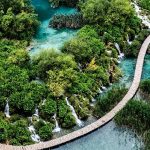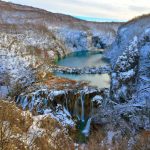Continuing our look at the foreign entrepreneurs trying to make a success of things in The Beautiful Croatia, perhaps the most extraordinary story so far – meet the couple who chose Croatia because of the bureaucracy when other countries would not take them. And what an unusual and fantastic business they are running! Fantastic stuff, Catarina from Kenya and Chiel from Holland.
1. First and foremost, why Croatia?
Catarina and I (Chiel) met in Kenya, where Catarina was born and I lived for four years. Besides different projects I sustained myself there as a freelance translator, and after Catarina finished her studies we started a hostel in Kisumu. The hostel went pretty well, getting first position on TripAdvisor within three months. Given that I wasn’t really allowed to work in Kenya, and that the bureaucracy is rather tedious, we did everything underground, and focused 100% on online bookings. We continued the hostel for 9 months, after which we sold it, got married, found out we were pregnant and planned to move to Uruguay after the second wedding celebration in the Netherlands.
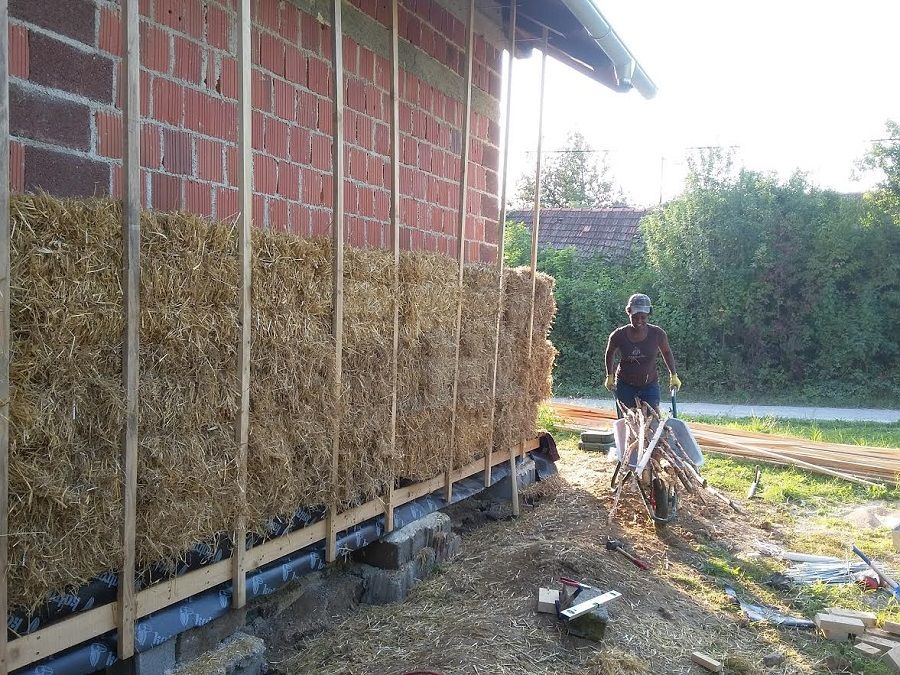
While enjoying our honeymoon in Europe, it turned out that Catarina wasn’t able to get a visa for Uruguay. The 3-months stay in Schengen was running out, the pregnancy became increasingly apparent and we certainly didn’t want to return to Africa. During the honeymoon we had a short stay in Zadar, and absolutely loved it. It only took a little creativity and reading through EU documents to figure out that after Schengen, we could simply go to Croatia and stay there for another three months. So we picked up our backpacks, booked a Flixbus and arrived in Zagreb, where we stayed to register a company, get our 5 year residence permits, as well as our cheerful son Alexander. Soon after we bought our first holiday home and a car, followed shortly by my driver’s license. Now we were truly able to start building our dream: running our accommodation business Sleepy Paradise, which is making baby steps towards ecotourism, creating a sustainable, permaculture inspired livelihood and raising our (now two!) lovely sons in a fascinating, beautiful and natural environment.
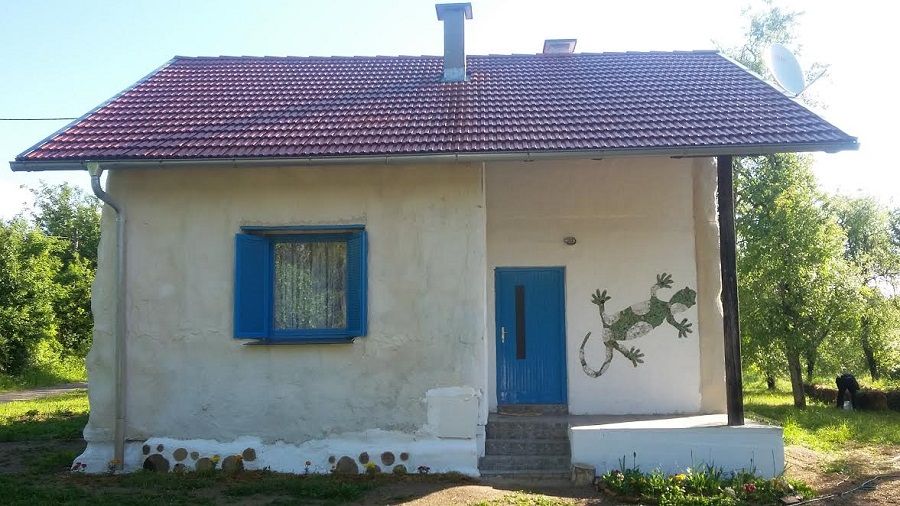
INTRO YOUR BUSINESS, what is it you do?
Ecosystem Enterprises d.o.o. provides accommodation nearby the Plitvice Lakes, as well as English to Dutch translations.
2. Tell us about some of the differences of your expectations of running a business in Croatia and the reality.
Our arrival in Croatia was rather spontaneous and coincidental, and our expectations were limited. One thing we knew was that Croatia is cherished by plenty of tourists, and that we liked receiving and accommodating tourists. This is working out great so far. In fact, the whole exercise is going a lot smoother than expected. We expected it to be hard to integrate in our village Broćanac, as there are only a few people left and most of them are above 80 years old. We thought bringing an African into such a underexposed area may result in challenges. We thought the language, which we didn’t speak at all in the beginning, would be a big barrier.
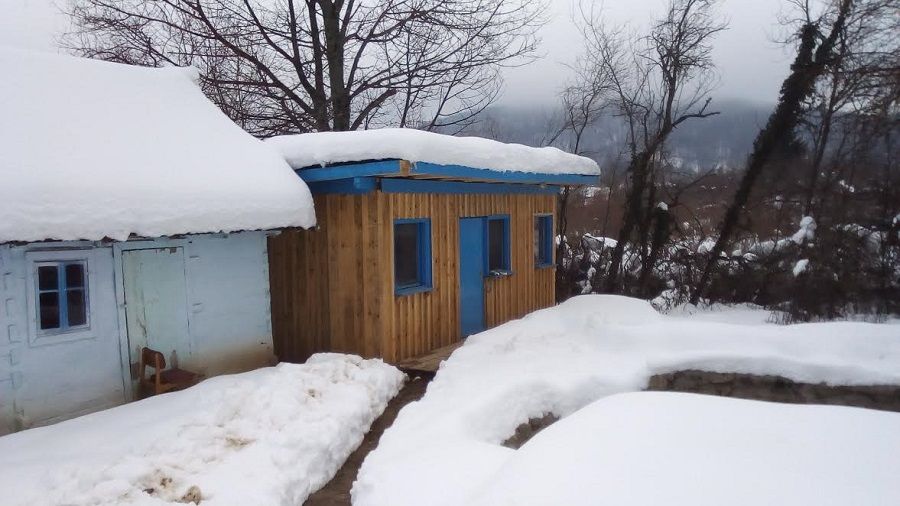
None of this turned out to be true. The day we arrived we met half the village and were taken around by a visiting relative of one of the elderly. The next day we enjoyed roasted pork and rakija at a local celebration. One neighbor after the other visited us and brought us gifts. The old ladies were overjoyed to see new people coming to their village, especially the baby’s, as there have been less than a handful since the war.
3. What (if any) bureaucratical issues have you encountered and how did you overcome them (i.e. any advice to the would-be entrepreneur?)
Haha, the best advice I could give is: try to start a business in Kenya first, then go to Croatia. It will be a breeze.
Let’s just say we were well-acquainted with bureaucracy, and coming to Croatia we knew it could never be worse than in Kenya. The same with regards to corruption, which, luckily, seems quite limited here and easy to avoid.
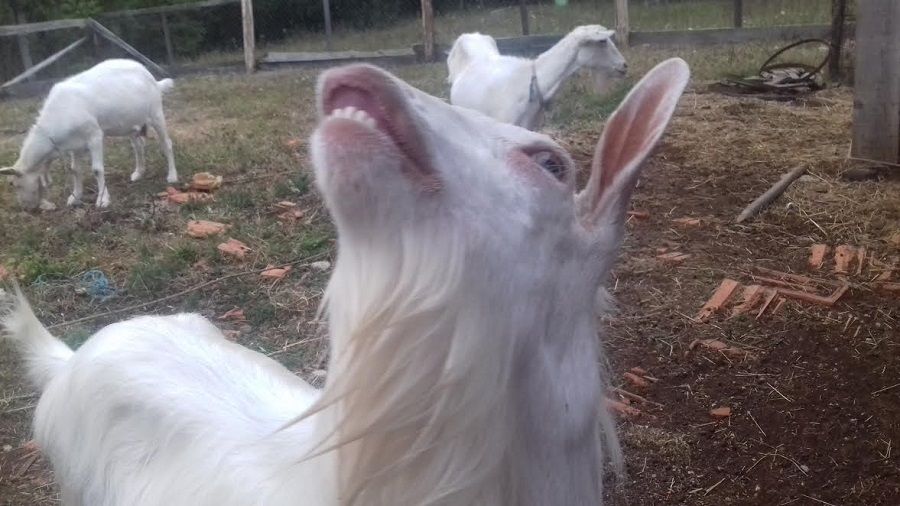
Of course we’ve had plenty of issues while starting our company, getting our residence permits, registering our children and ensuring we can rent out our properties. Currently we’re trying to get electricity and water in our second holiday home, are figuring out how to legally rent out our Tiny House, and have just managed to make it legal to rent out Mongolian yurts without running a campsite. We got all these issues ironed out by our lawyer, which seems to be the best way to go.
4. How is your product or business perceived in the Croatian market?
We insulated our first holiday home with straw bales and clay. That drew a lot of attention. Everyday people were passing our house only to return a minute later, taking pictures, visiting us and asking questions. Wherever we go in our area people know we are the ones who put clay on their house, even though they have never seen us before. The local population seems to like it.
What we’ve noticed is that people like to copy each other’s ideas, which is great as competition drives innovation. For example, once we put a sign on the junction next to the neighbor’s holiday homes, pointing in our direction, within three days they added a sign of their own pointing in their direction. Also, after we started Sleepy Paradise, which derives from the local tradition of naming your holiday home to your daughter or yourself, their next holiday home became Heavenly Vacation. It’s nice to see we inspire people.
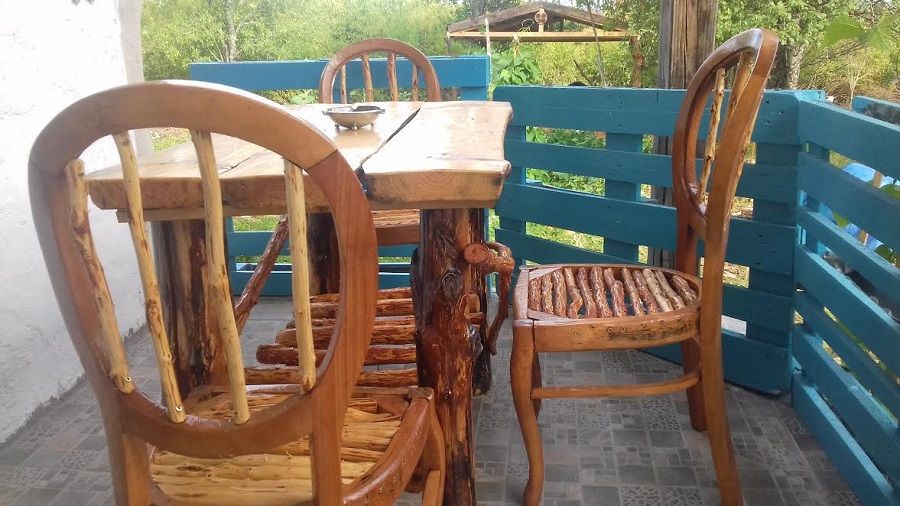
5. What were the opinions of your friends and community, were they supportive of your idea, or…?
My family, and especially my mother, is very happy that we chose to live in Croatia. After having lived in Kenya it feels like I’m very near, and she visits regularly. Most of Catarina’s family and friends never heard of Croatia before. So far everyone has been supportive, and many from the European side visited or would like to visit sometime.
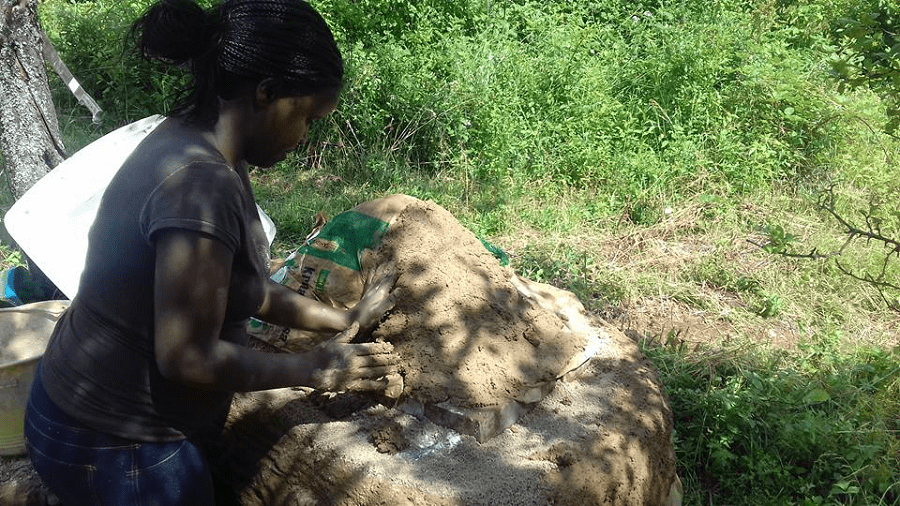
6. What are some of the greatest challenges you have faced in business in Croatia?
Water and electricity. Catarina is still amazed that she found a place in Europe where these commodities are not to be taken for granted. Past high season we didn’t have water, sometimes coupled with electricity, for five days in a row, which is okay for us, but challenging when dealing with tourists. This was followed with power cuts during the day for about two months. This year we have learned from our mistakes and are preparing large water storage tanks at all our accommodations, and have a generator to make sure the water reaches the house, when the usual system fails.
Bureaucracy is another. In Kenya you can build anything you want on your land. Here we learn how to deal with and follow regulations, which usually differ from official to official.
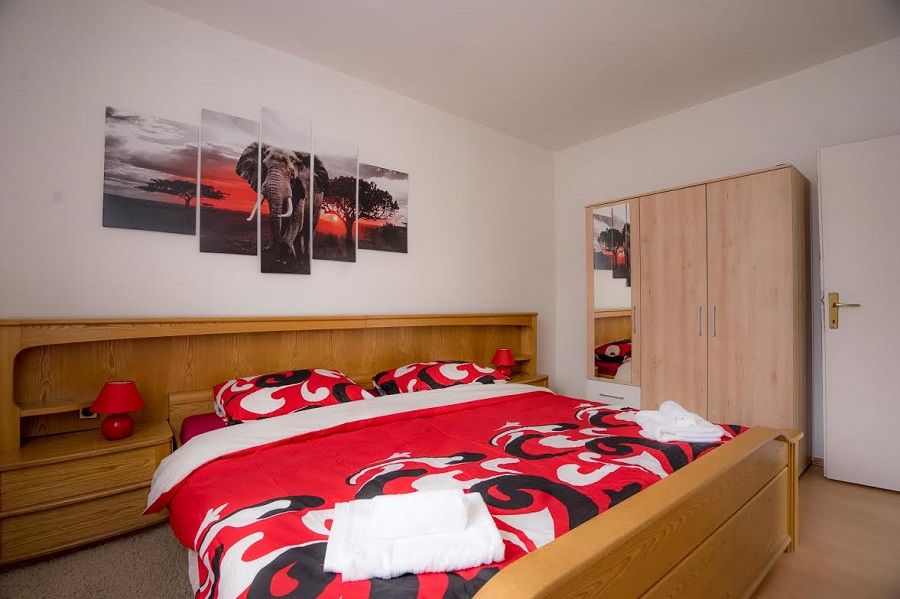
7. If you knew then, what you know now, would you have come?
Yes, Croatia is like paradise to us, especially compared to where we came from. It’s beautiful, people are nice to us and the business is doing well.
8. What are 3 things you love about Croatia?
The nature, the hospitality of the people and positive discrimination, the affordable lifestyle and housing prices, many people still produce some of their own food and it’s a great place to raise children.
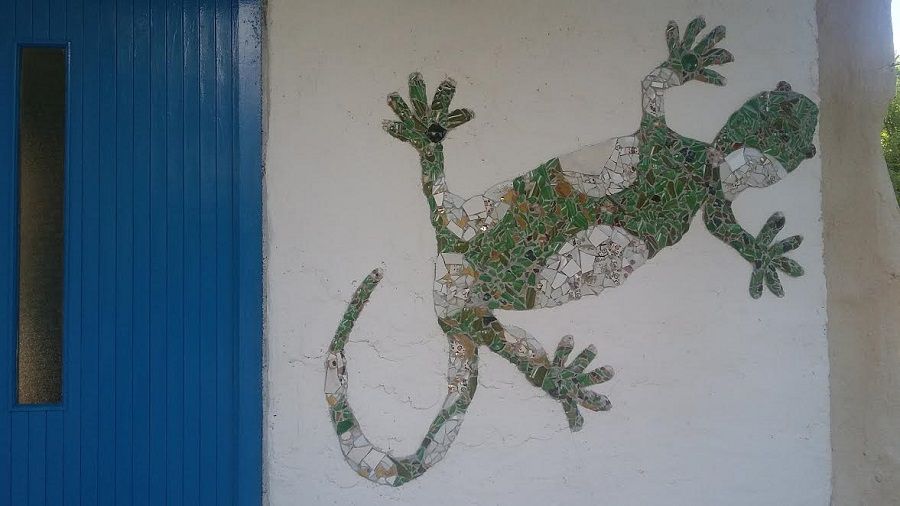
9. What are 3 things you would like to see improved in the business climate in Croatia?
The regulations should be made more lenient and clear. It would be great if foreigners were able to buy agricultural land. Make administrative tasks more straightforward, e.g. enable automatic monthly payments instead of making us fill in dozens of numbers every month to pay salaries and other regular bills.
10. How is it working with Croatians in terms of a business mentality?
We haven’t worked with Croatians much yet.
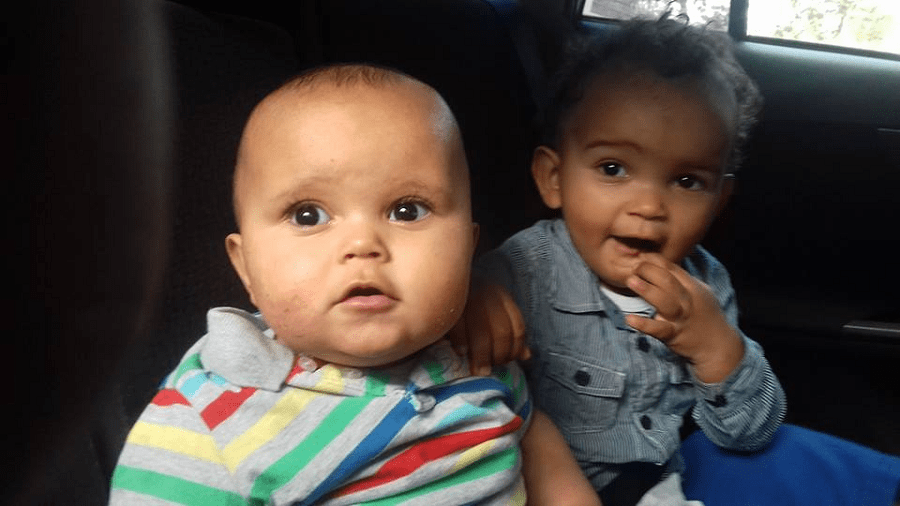
11. Advice for foreign entrepreneurs thinking of coming to Croatia?
Come with a positive mindset, low expectations and a lot of patience. Then you’ll be fine. Also get a lawyer and an accountant.
Check out Sleepy Paradise Plitvice on Facebook.
Are you a foreign entrepreneur in Croatia who would like to be featured in this series? Please contact us at news@total-croatia-news.com

